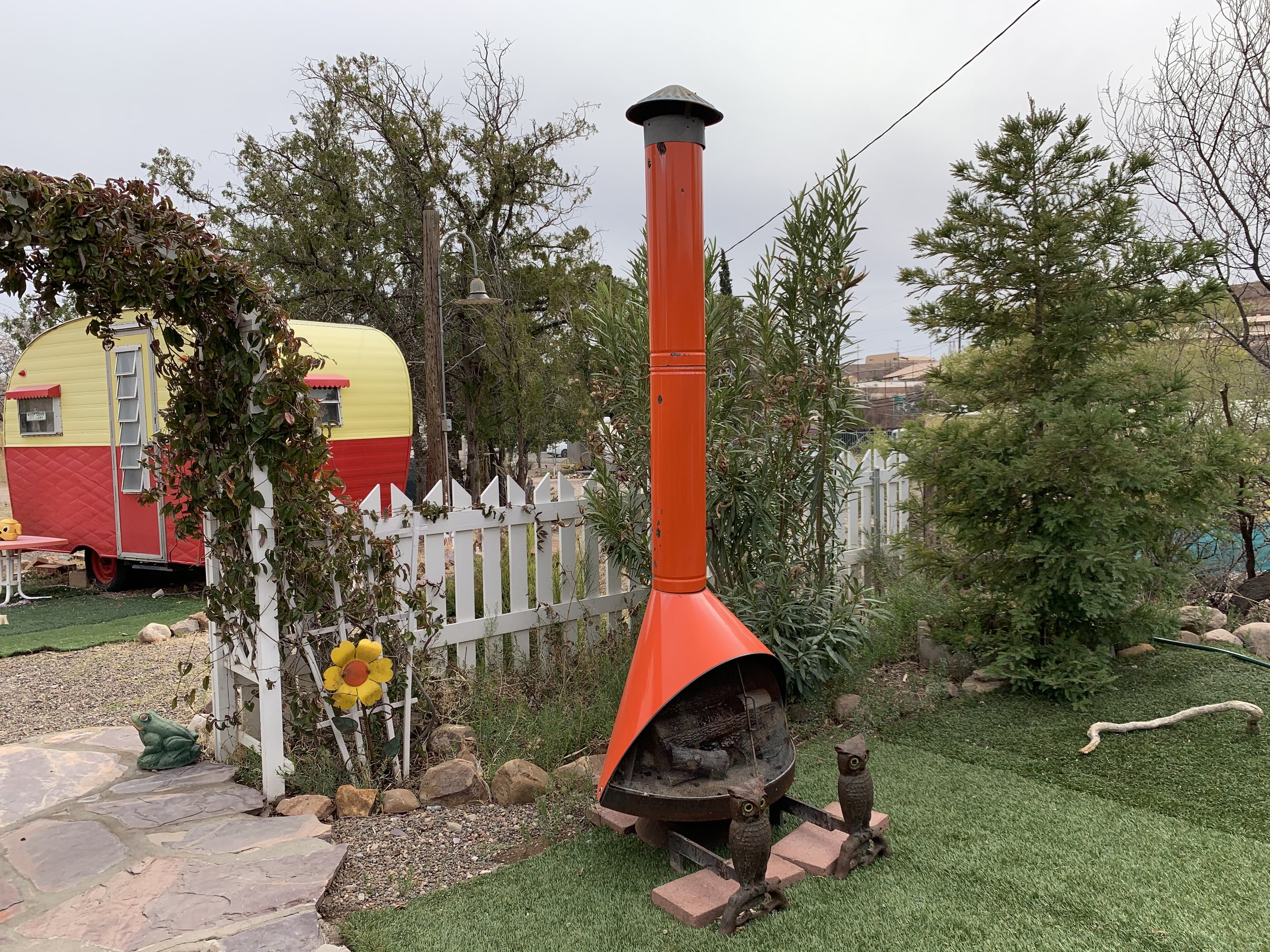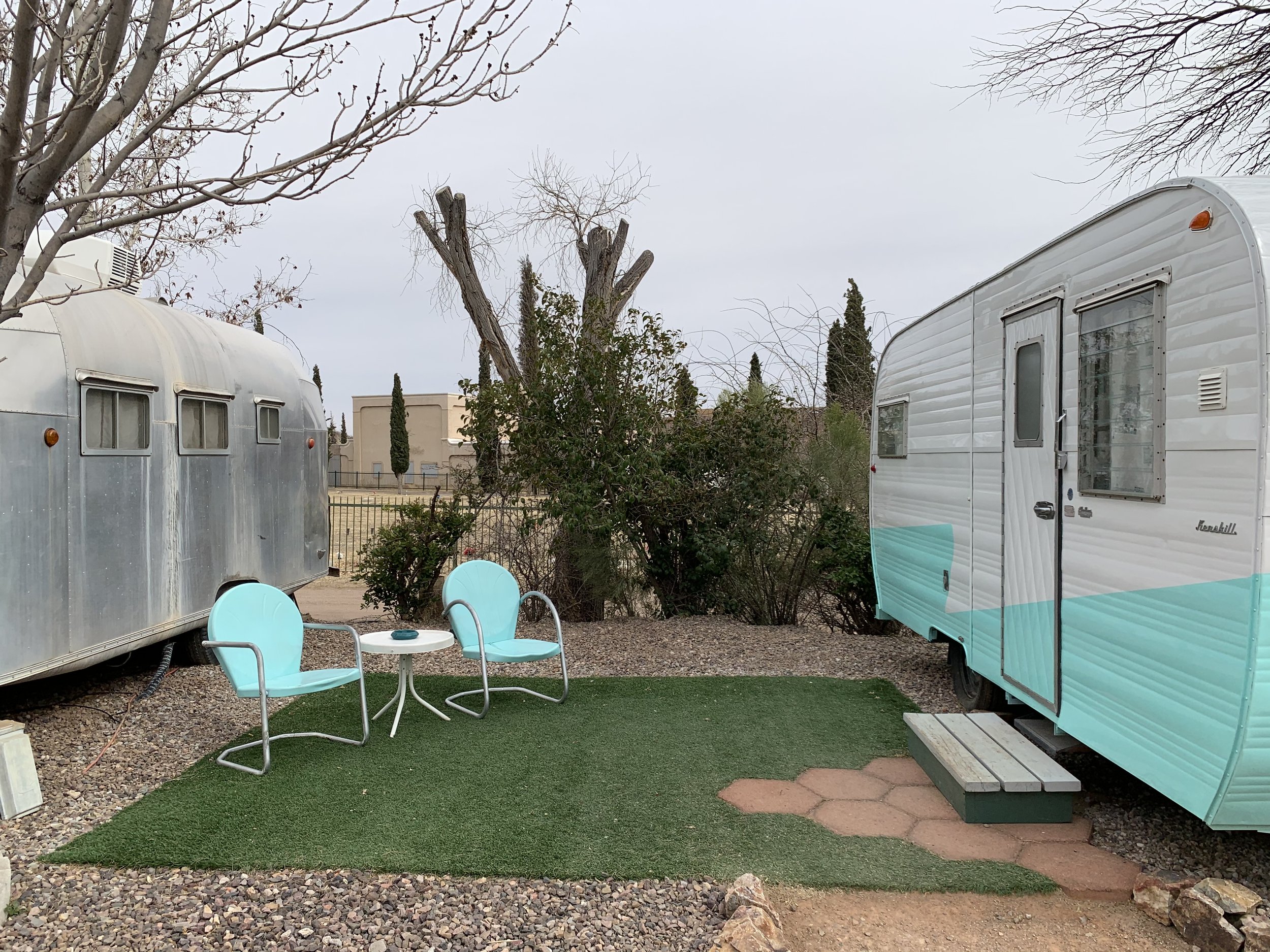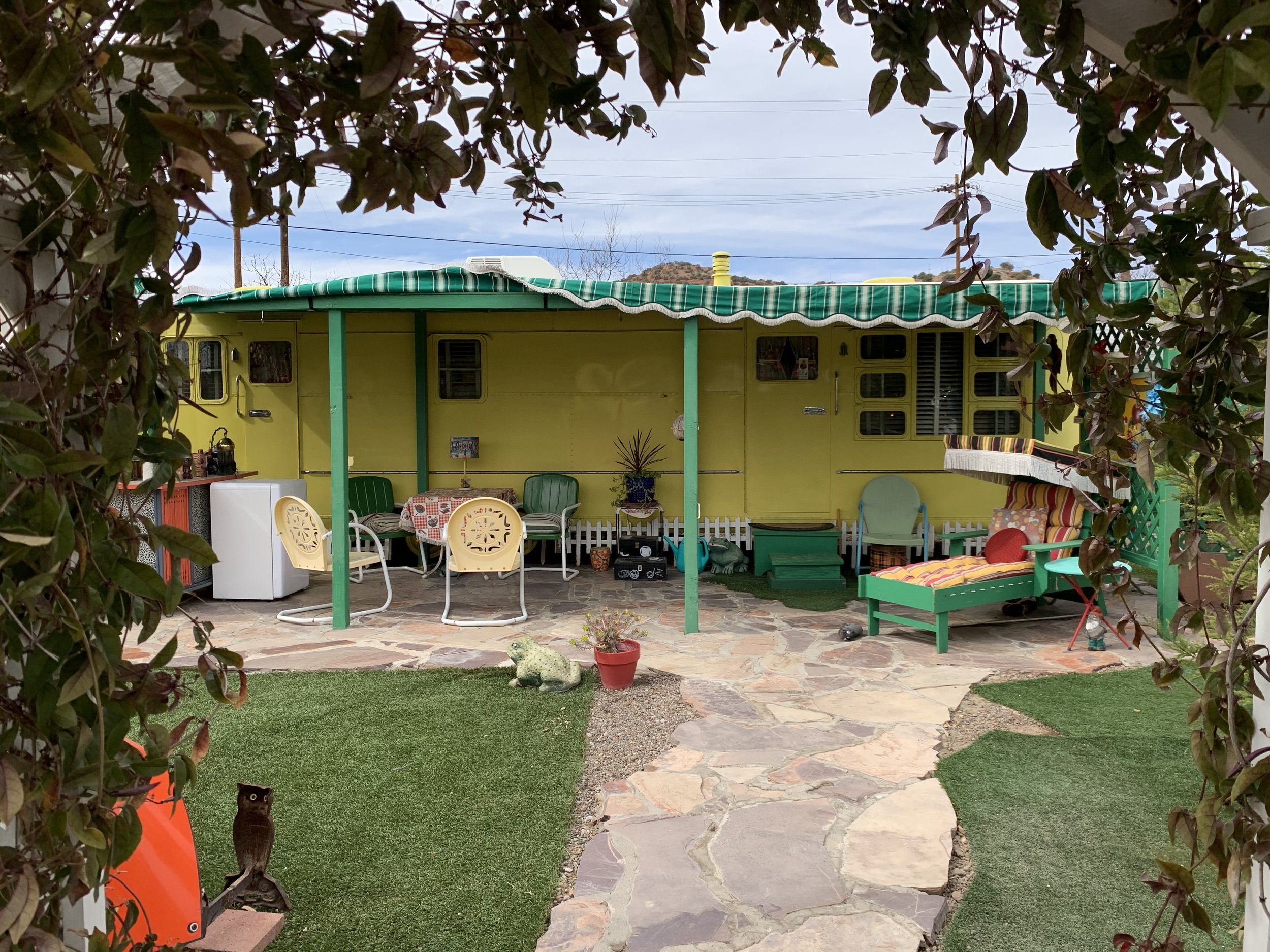Mobile Homes
There is a current cultural obsession with travel trailers and other recreational vehicles. A cursory view of most social media presents them as an escape from mundane reality and the opportunity to live one’s life traveling and exploring the world. They represent freedom from the costs of city life and from the cultural mores of suburbia, post Covid-19 digital nomadism, and an escape from the rote and boredom-inducing nature of the kinds of 9-5 office jobs that housing mortgages require. I recently saw a meme that reconsidered this cultural obsession in-light of the global affordable housing crisis, making the argument that this cultural obsession is a function of economic necessity. Very few people my age, unless they come from generational wealth, can hope to afford a home anytime soon, if at all. Plenty of macro-economic phenomena are to blame: the financialization and rent-seeking of both mom-and-pop and institutional investors (i.e. BlackRock), not in my back yard (N.I.M.B.Y.s) blocking anything other than single family housing zoning within the vicinity of their neighborhoods, wages not keeping up pace with the costs of assets (read Thomas Piketty’s Capital in the Twenty-First Century.) While travel trailers have a sense of romanticism about them, as these images portray, they hide more insidious mechanisms of the Neoliberal project: the death of the middle class in the Global North beginning in the 1980s and continuing on to this day, the extraction of wealth from the bottom of the socioeconomic classes to the top, the stagnation of wages and devaluation of labor, and the furthered hollowing out of social safety nets, etc. Without meaningful political and economic reform, romantic notions may be the only thing that many of us actually own.










